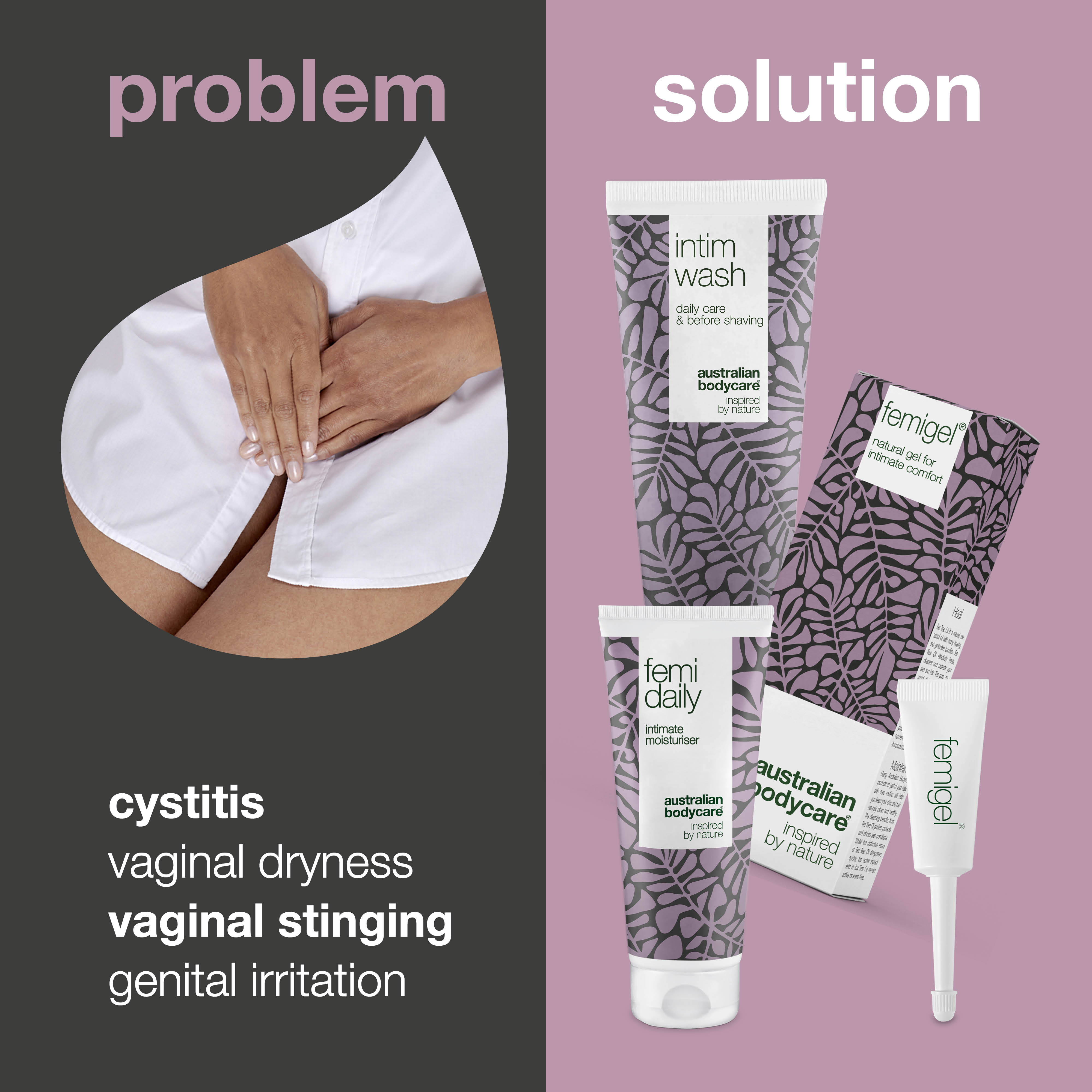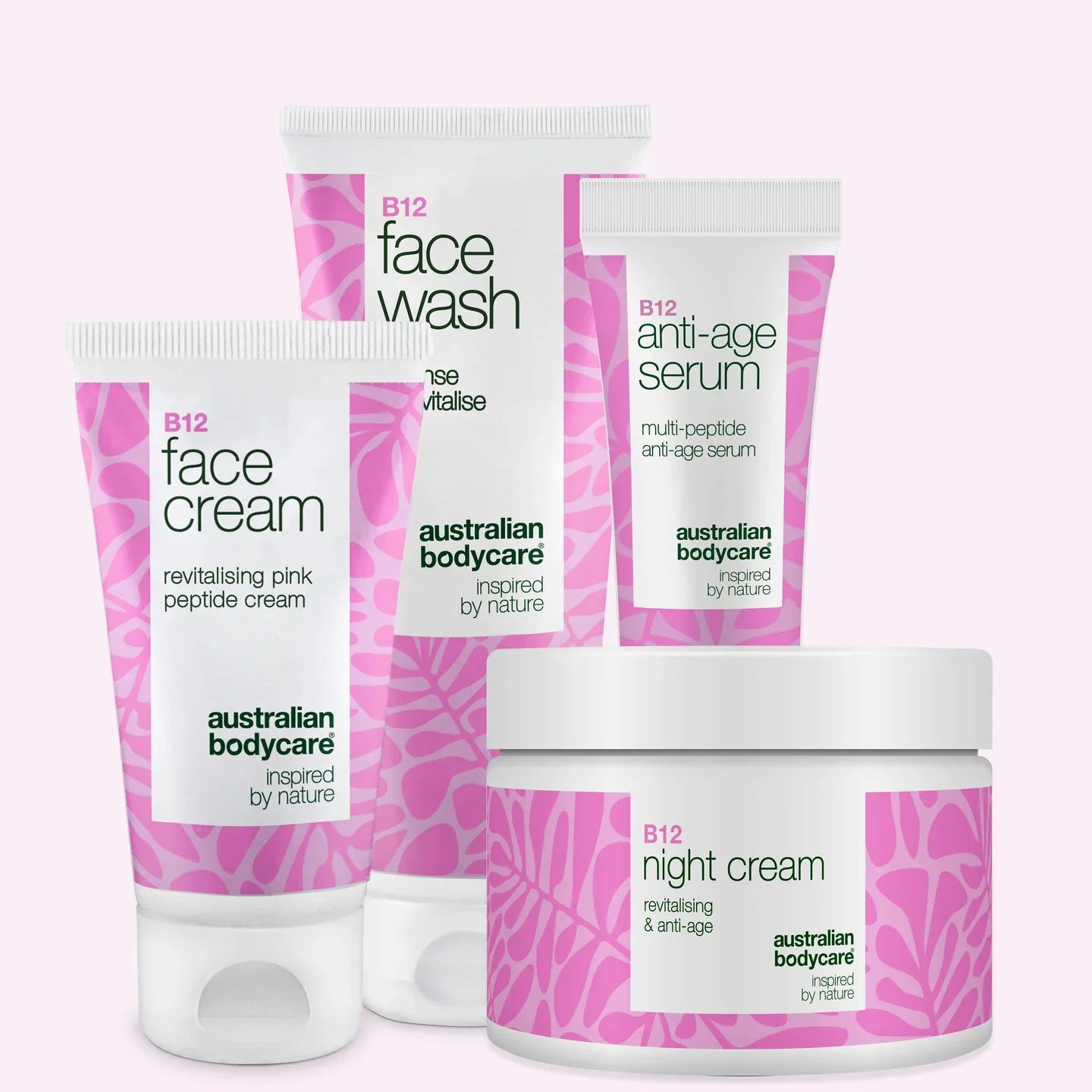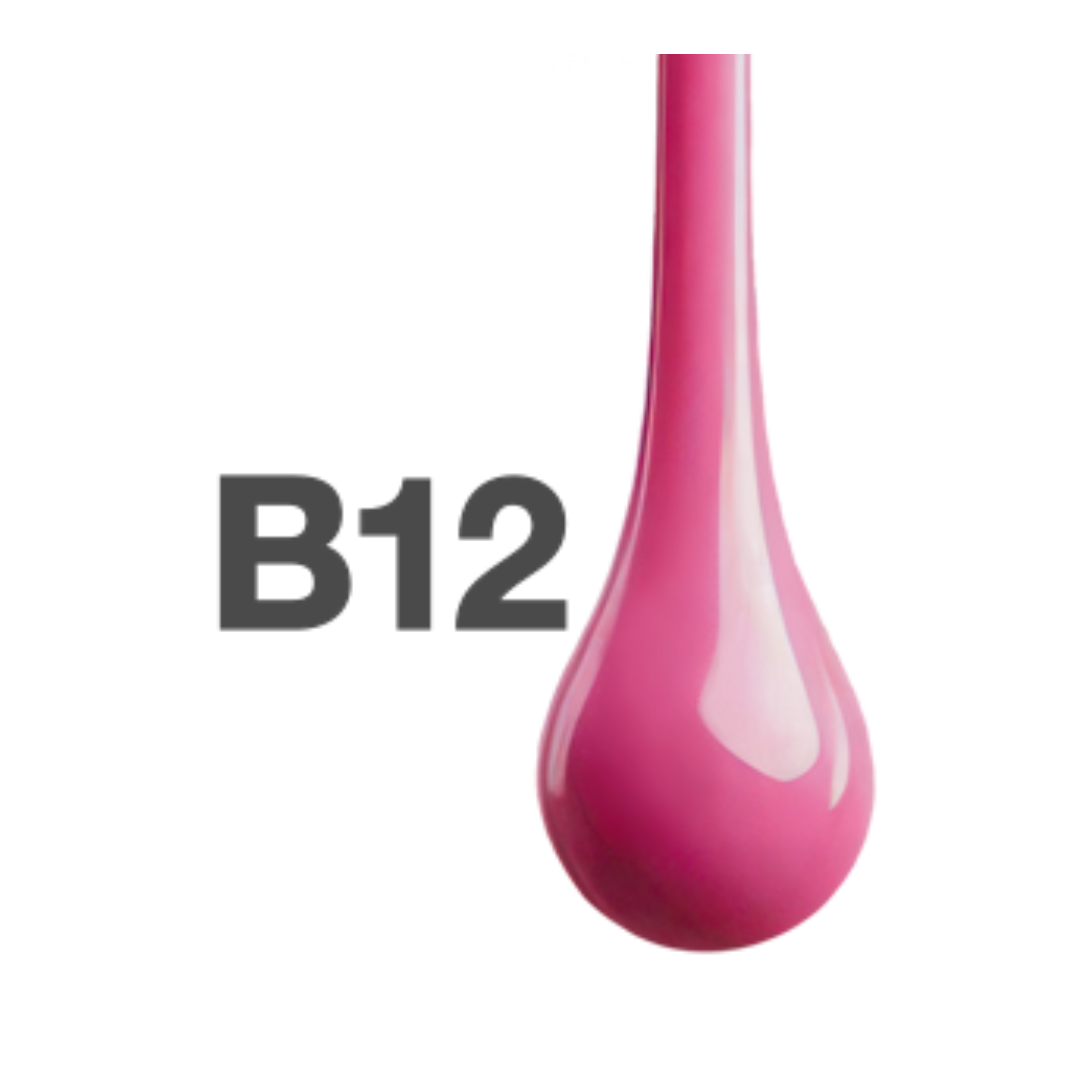Cystitis (urinary tract infection) – treatment, prevention and FAQ
Cystitis is a urinary tract infection, which many people suffer from at some point in their lives. Although women are affected most often, anyone can be infected. Fortunately, you can do a lot yourself to prevent cystitis.
Table of contents
What is cystitis?
Cystitis, also known as a urinary tract infection or honeymoon disease, is an infection of the urinary tract most frequently seen in women. In most cases the disease is caused by gastrointestinal bacteria which have spread into the urine. This causes inflammation in the bladder, which the bacteria reach via the urethra.
Bacteria thrive in urine at body temperature, and therefore multiply rapidly when they get into the bladder, eventually causing infection in the mucous membrane, which becomes red and irritated. The entire bladder becomes irritated, and begins to contract, even though it is not full.
Cystitis is not a sexual disease, but you can get cystitis as a result of sexual activity.
An attack of cystitis is not dangerous, and in most healthy women it often clears up by itself without treatment. However, cystitis can result in stinging pain, and in some cases fever, and therefore it may be advisable to see a doctor and get treatment for it. The doctor will prescribe antibiotics as treatment.
What are the symptoms of cystitis?
If you have had cystitis yourself, you probably know the symptoms already. It is very likely that you do – fifty per cent of women will be affected by cystitis during their lifetimes.
Ordinary symptoms of cystitis:
- Stinging when urinating
- Frequent urge to urinate
- It may be difficult to empty the bladder completely
- Cloudy urine, which may smell unpleasant
- Abdominal pain
- Fever and generally feeling unwell
- Blood in the urine
You may not necessarily have all the symptoms if you have cystitis. Some people experience all the symptoms, while others only find that it stings when they urinate.
The typical signs of cystitis are feeling that you need to urinate all the time, and that it stings and is painful when you do.
Symptoms to which you should pay special attention
If you need to go to the toilet more often than usual, and you feel pain and stinging when you pass water, you may have a urinary tract infection. If it is very painful, it is advisable to see a doctor. However, cystitis often clears up by itself.
If you have a high temperature and pain in your lower back, you may have an infection of the renal pelvis, and then it is a good idea to call a doctor.
Who gets cystitis?
Women are most often affected by cystitis, but men, women and children can all get cystitis. It often feels different, and the symptoms will therefore be different.
Fifty per cent of women will have cystitis at some point in their lives, but the figure is considerably lower for men and children. Of all women who have had cystitis, 30-44 per cent will have it again – usually within three months.
Why do women get cystitis more often than men?
There is a very natural reason for this. It is simply because the urethra in women is very short (4-5 centimetres), and at the same time the anus and the urethra are much closer than in men.
Because men have a far longer urethra than women (14-15 centimetres), it is far more seldom that bacteria travel all the way to the urine bladder.
Why do people get cystitis?
There may be many reasons why people get cystitis, but in the great majority of cases, it is due to gastrointestinal bacteria in the urine – usually Escherichia coli.
As mentioned, there are many different causes of urinary tract infections.
Some typical causes of cystitis in women:
- When the bladder is not voided completely when urinating. Give yourself plenty of time when you urinate, and empty the bladder as much as possible.
- The direction you wipe yourself. Women can avoid cystitis by wiping themselves from the urethra towards the anus.
- Intercourse and anal sex (and poor hygiene afterwards).
- Honeymoon cystitis means a urinary tract infection after frequent sex.
- Stones in the urinary tract which promote the growth of bacteria.
- Anatomic conditions such as outpouching or an ectopic urethra, which results in residues of urine in the urethra.
- Hormonal changes such as the menopause resulting in less oestrogen, which otherwise maintains the mucous membranes in the urethra and vagina.
- A urethral catheter. When a patient has a urethral catheter, the barrier between the skin and bladder is broken.
Worth knowing about urinary tract infections in women
Because the urethra is shorter in women than in men, women are more likely to have urinary tract infections. Because the urethra is so short, it is important to prevent cystitis and other infections with careful hygiene.
Prevent cystitis with good hygiene:
- Make sure you wash yourself with products specially developed for intimate care. You will find products from Australian Bodycare that are specially developed for good intimate hygiene for women.
- Go for a pee after sex – preferably within fifteen minutes after the end of intercourse.
- Do you have a feeling that a bladder infection is building up? Then drink plenty of water, or perhaps cranberry juice without sugar.
- Go to the toilet when you need to, and be sure to empty your bladder as well as you can.
- Wash before sex, and change your underwear every day. You can wash daily with Femi Daily from Australian Bodycare, which cleanses gently but effectively, and keeps the pH value where it should be.
- Wipe yourself in the right direction when you have been to the toilet. Wipe from the urethra backwards.
- Cleanse your body internally by drinking plenty of water, so that your bladder is flushed through, and any bacteria are flushed out.
- Avoid draughts and sitting on a cold seat. Make sure you wear warm clothes on your lower body. It is said that you are more likely to get cystitis if your bottom and thighs are cold, but the connection has not been reliably documented.
- If you have anal sex, you should use a condom, and replace it if you continue with sex in areas other than the anus. In that way you avoid transferring bacteria.
Does cranberry juice help against cystitis?
If you have ever had cystitis, you have probably heard the household tip that you can treat your urinary tract infection with cranberry juice. In fact this is sometimes true, but not always.
Cranberry juice contains antioxidants among other things, which can help to prevent bacteria settling on the mucous membrane. It is very important, however, that you drink cranberry juice without sugar. If you have too much sugar in your urine, it may increase bacterial growth in the bladder.
Nevertheless, cranberry juice is not a miraculous cure for cystitis. It only works with about half the bacteria that can cause cystitis, and thus cranberry juice does not work for everyone.
Besides, cranberry juice is considered more as a preventive measure than as an actual treatment.
Urinary tract infections in men are rare, but not impossible
Even though the great majority with urinary tract infections are women, men can also get them.
When men have urinary tract infections, they are divided into two categories:
- A lower urinary tract infection, which affects the bladder and urethra
- An upper urinary tract infection which reaches the renal cavity (renal pelvis) and the kidneys
In most cases of urinary tract infection in men, their own faecal bacteria spread via the urethra up to the bladder.
An uncomplicated urinary tract infection is called cystitis in men and is very similar to cystitis in women.
In contrast, complex urinary tract infections in men are inflammation where factors in or outside the urinary system may have longer-lasting and more serious effects.
However, urinary tract infections are relatively rare in men, and do not affect men at any particular age.
Symptoms of urinary tract infections in men:
- It stings when you urinate
- You feel the need to urinate more often, and the urge to urinate is stronger
- Pain above the pubis
- Fever and/or blood in the urine
The treatment is the same as for women, and consists of a course of antibiotics, which will be prescribed by your doctor.
Causes of cystitis in men:
- Enlarged prostate
- Incomplete emptying of the bladder
- Long intervals between emptying the bladder
- Drinking too little fluid
- Prostate inflammation
- Kidney stones or bladder stones
- Damage to the nerves in the lower urinary tract
- Tumours of the prostate, kidney or bladder
- Malformations in the urinary tract
- Reflux, which is when urine flows back from the bladder to the ureters
- Constrictions in the urethra
- A urinary catheter
- Fistula
- Outpouching of the bladder
- Disease or other factors that weaken the immune system
Cystitis in children
A urinary tract infection (cystitis) in children means an infection of the urethra, bladder, and in some cases also the ureters and kidneys. The symptoms of cystitis vary considerably, depending on the age of the child.
In small children the symptoms will often be fever, irritability, failure to thrive, vomiting and/or weight loss.
While symptoms in older children will be pain when urinating, frequent urination, nausea, vomiting, stomach pains and/or fever.
Diagnosis of children’s symptoms can be difficult
It may be difficult to diagnose a child with cystitis purely on the basis of the symptoms. A urine sample will usually be necessary, and in some cases blood samples.
The diagnosis and treatment will differ, depending on whether it is an upper or lower urinary tract infection. In cases of inflammation of the renal pelvis, an ultrasound scan or x-ray will be taken, or possibly an isotope examination, which is taken during urination.
This is to check whether the infection is due to congenital malformations which may make the child more prone to urinary tract infections.
Cystitis during pregnancy is very common
It is very common to develop cystitis or a urinary tract infection during pregnancy. For example, more pregnant women have urinary tract infections than women who are not pregnant.
For that reason, all pregnant women are checked for bacteria in their urine, even if they have no symptoms.
The symptoms and treatment of urinary tract infections in pregnant women are to a large extent the same as for non-pregnant women. If you are pregnant, you should be specially aware of fever or flank pain, which are symptoms of cystitis.
If you are pregnant and increasingly feel false labour contractions, it may be a sign that you have cystitis or inflammation of the renal pelvis, which also causes fever and flank pain.
Prevention and treatment of cystitis
A doctor will treat cystitis with antibiotics when it is certain that your symptoms are caused by bacteria.
However, in many cases, cystitis will clear up by itself, if you maintain good hygiene and make sure you drink plenty of fluids.
We recommend using Intim Wash, Femigel and Femi Daily from Australian Bodycare to maintain good, healthy hygiene in the intimate area. Good hygiene is an effective way of preventing conditions such as cystitis.
Additionally, you can supplement plentiful fluids and good hygiene with over-the-counter pain killers such as paracetamol or ibuprofen. This is not as effective as antibiotics, however, so if the symptoms do not clear up, it is important that you see a doctor.
What can I do myself?
If you have cystitis, you should drink plenty of fluids (without sugar), take over-the-counter pain killers and ensure good intimate hygiene.
Treatment with antibiotics
If drinking plenty of fluids does not help, you may need a course of antibiotics.
The first thing you must do is call your doctor. When you have an appointment, you will very probably have to bring a urine sample or give one at the surgery. The doctor will then analyse the content of white blood cells, blood or nitrite in the urine, and can then tell you immediately whether you have cystitis.
However, the doctor will often send the urine for microbiological analysis, which will make it easier to select the right type of antibiotic.
If you have cystitis, the doctor will either give you a course of antibiotics or start treatment with sulphonamides.
FAQ - Frequently asked questions
Why do people get cystitis?
In women, cystitis is usually caused by bacteria (often gastrointestinal bacteria) which travel through the urethra to the bladder.
This may happen in connection with intercourse, anal sex, wiping after using the toilet, hormonal changes (menopause) or not emptying the bladder completely.
What does cystitis feel like?
If you have cystitis, it stings when you urinate, and the need to go to the toilet is stronger and more frequent. At the same time, it feels as if you have difficulty emptying your bladder.
Some people also have abdominal pain and fever, and feel unwell.
What helps against cystitis?
You can treat cystitis yourself by maintaining good hygiene, drinking plenty of fluids (without sugar) and taking over-the-counter painkillers such as paracetamol or ibuprofen.
If the cystitis does not clear up by itself, it must be treated with antibiotics, which will be prescribed by your doctor after diagnosis.
How long does cystitis last?
As a rule, cystitis clears up after a couple of days. However, it is always a good idea to contact your doctor, who will tell you whether you need to take antibiotics or not.
If the symptoms continue for more than a couple of days, it may mean that the infection has spread to the kidneys, causing pyelitis. This is very rare, however.
How can I avoid cystitis?
First and foremost, you can avoid cystitis with good hygiene.
Wash with good intimate hygiene products, pee after intercourse, wipe away from the vagina towards the anus when you have been to the toilet; use a condom for anal sex (and take it off if you continue with sex in other places); take your time on the toilet, so that your bladder empties completely.
Can you drink cystitis away?
Sometimes, but not always. In many cases you can drink your cystitis away by drinking plenty of fluids. It may work, because the fluids help to flush the bacteria out of the bladder.
In some cases it also helps if you drink cranberry juice (without sugar), but this is not effective against all types of bacteria. However, it is always a good idea to consult your doctor if you think you have cystitis.
Is cystitis infectious?
Cystitis is not catching.
Instead, cystitis is caused by the bacteria from the bowel or just around the opening to the urethra, so it is not actually infectious. That means you cannot catch cystitis from having sex with a partner who has it.







